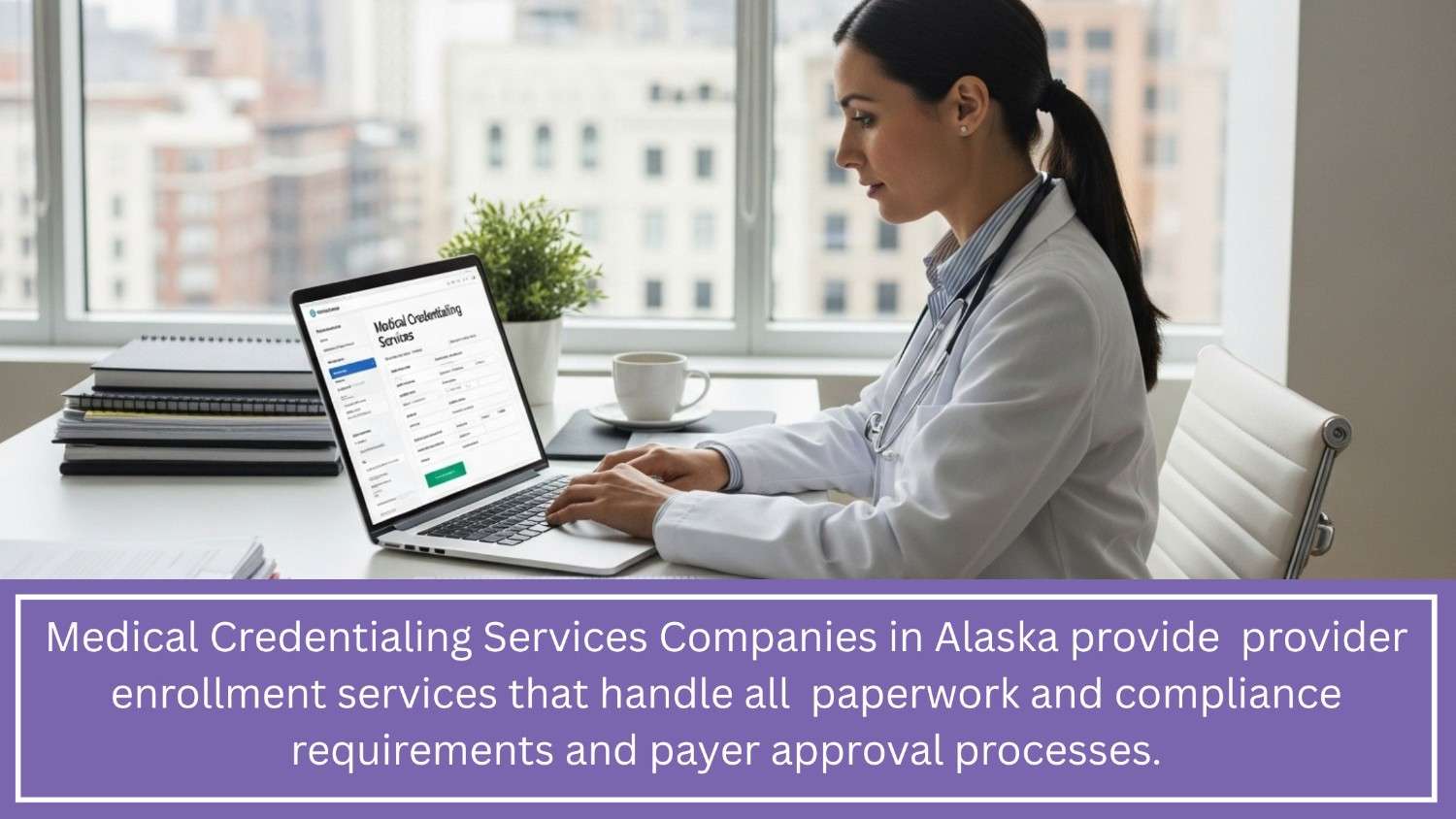Medical Billing Services Companies in Pennsylvania
Medical Billing Services companies in Pennsylvania help healthcare providers enhance revenue by minimizing claim denials and ensuring accurate reimbursements. These companies offer end-to-end billing solutions, from coding to collections, tailored for both primary care and specialty practices, allowing providers to focus on patient care while maintaining financial efficiency and compliance.
Table of Contents
Importance of Reliable Billing Support for Pennsylvania Healthcare Providers
Reliable billing support is vital for Pennsylvania healthcare providers to maintain steady cash flow and minimize claim denials. With accurate medical coding, compliance assurance, and timely reimbursements, professional medical billing services help practices focus on patient care while ensuring financial stability and smoother revenue cycle operations across the state.
Outsourcing Medical Billing Companies in Pennsylvania is a big state with a diverse payer landscape: regional insurers, many Medicare Advantage plans, health systems of different sizes, and numerous community practices. That variety creates both opportunity and risk. When billing is tight, practices collect reliably and grow; when it’s loose, denials and slow AR can become a chronic problem.
This post explains where money typically leaks in PA practices and how Practolytics applies targeted, practical fixes to reclaim revenue.
Overview of Pennsylvania Payment Environment
- Multiple regional payers and a strong presence of Medicare Advantage products.
- Large hospital systems alongside independent practices — billing sophistication varies wildly.
- State Medicaid rules and payer-specific edits that differ by plan.
Because of these variables, a tailored approach that looks at payer behavior by geography and specialty works best.
Recurring leaks we fix in PA practices
- Variable MA plan rules. Medicare Advantage plans often have unique rules that cause denials when ignored.
- Healthcare Prior authorization gaps for procedural specialties. Missing authorizations equal rejections.
- Inconsistent coding across locations. Multi-site practices often have varying coding habits.
- Slow payer follow-up for high-dollar claims. Claims not escalated quickly age into AR.
- Confusing patient statements for mixed-payer populations.
How Practolytics helps Pennsylvania practices
1.Data-driven audit by payer and site
We analyze claims by payer, CPT, and site to find the top denials and where dollars leak. Multi-site groups benefit from our cross-site comparisons that highlight inconsistent coding or authorization gaps.
2.Standardize coding and documentation across sites
We implement coding guides and short provider huddles that align documentation practices across clinicians and locations — reducing variance and denials.
3. Medicare Advantage playbooks
We create MA-specific appeal and submission rules for the plans most common in your area, so those denials don’t reoccur.
4.Escalation and appeals cadence
We set a timeline: claims older than X days are escalated; appeals get a responsible owner and a 30/60/90-day follow-up schedule appointment.
5.Patient billing strategy for mixed payers
We simplify statements and provide clear EOB explanations for patients with multiple payers. That boosts collections.
A Pennsylvania Network Example
A small multi-site primary care group had wildly different denial rates across sites. Our audit found the root cause: one site routinely missed authorization steps for imaging ordered off-site. We standardized the authorization workflow, trained staff, and set a central tracking sheet. Within three months, denials for those imaging charges dropped significantly, and AR days improved.
Quick wins PA Practices can Implement Now
- Compile your top 10 denials by dollar and assign a single owner for each.
- Run a weekly check on MA plan denials and use a template-driven appeal.
- Standardize a one-line “authorization check” in scheduling for high-risk services.
What to Expect in the first 90 days
- 30 days: Clear audit and prioritized plan.
- 60 days: Implementation of standardized workflows and MA playbooks.
- 90 days: Noticeable reduction in repeating denials and faster collections.
We focus on fixes that practices can maintain themselves and measure objectively.
Final thoughts:
Pennsylvania’s diversity of payers and practice types demands a practical, data-driven approach. Practolytics brings that approach — we prioritize by dollars, fix root causes, and create simple workflows your team can sustain.
If you want, we’ll run a targeted medical billing health check for your Pennsylvania practice and return an action plan focused on the top-dollar fixes
ALSO READ – Simplifying Revenue Management: How Medical Billing Services Empower Small Practices
Talk to Medical Billing Expert Today — Get a Free Demo Now!






